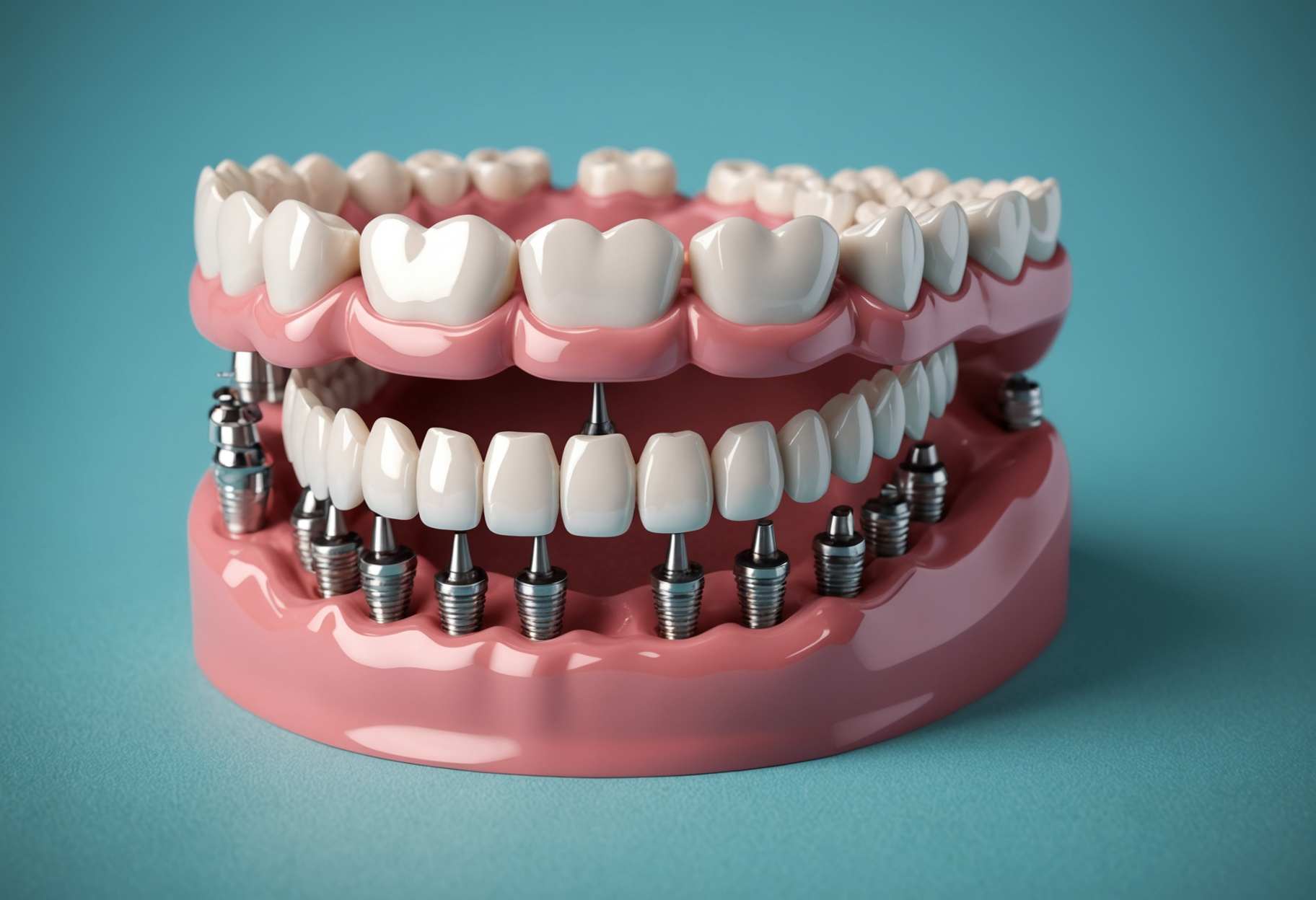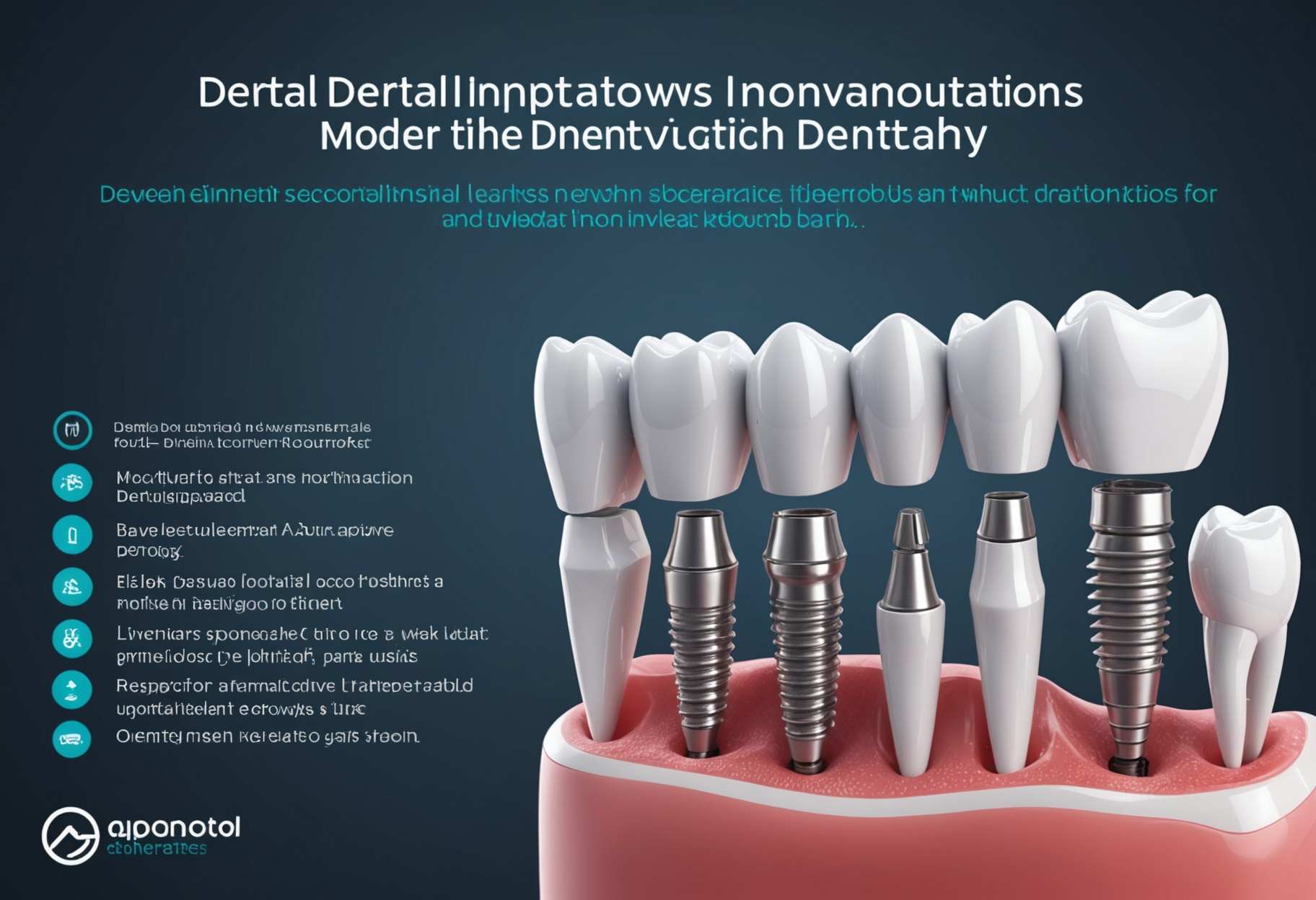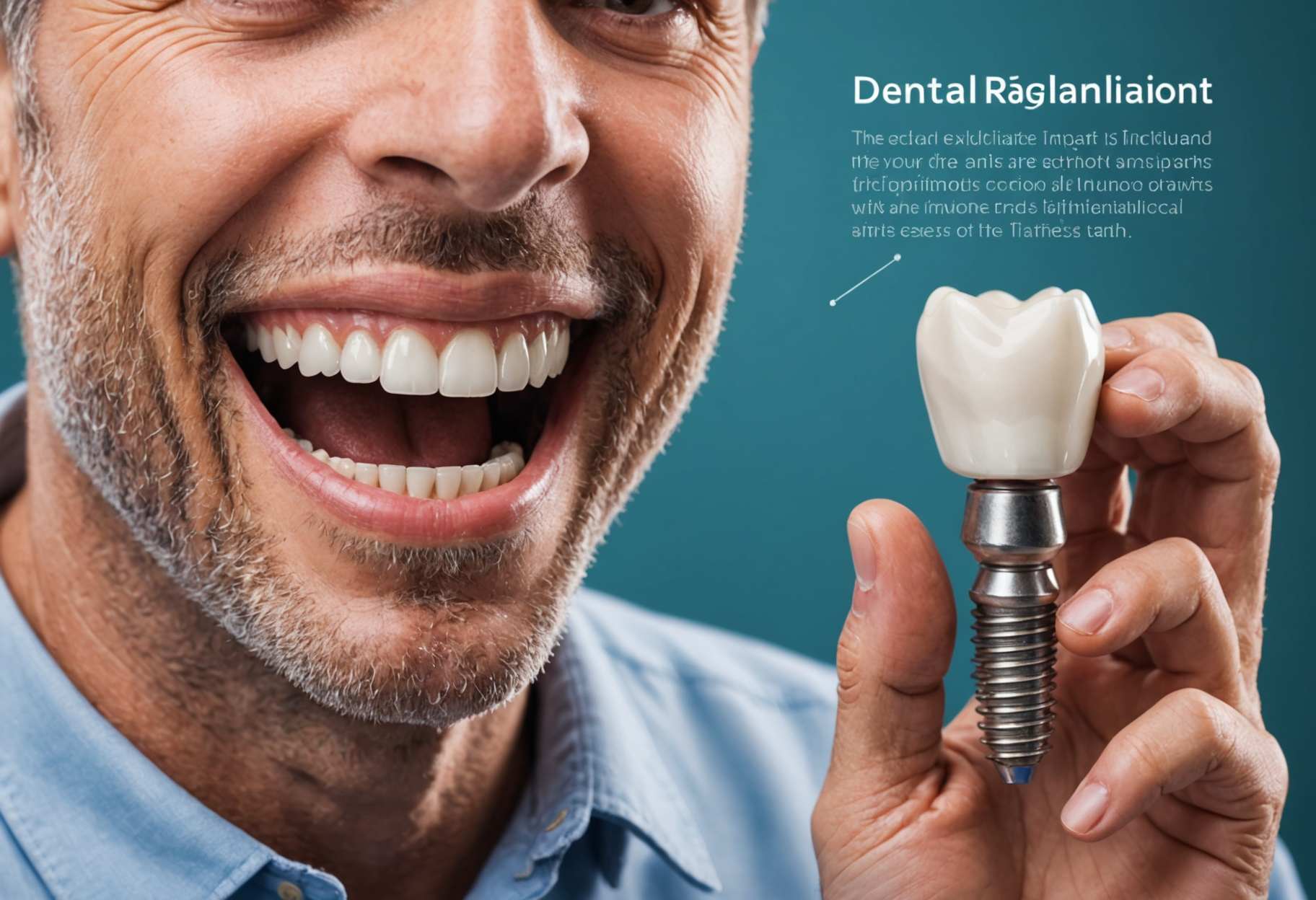Dental Implant Technology: A Milestone in Restorative Dentistry

The emergence of dental implant technology signifies a pivotal advancement in restorative dentistry, offering substantial improvements over conventional tooth replacement techniques. As dental practitioners strive for optimal patient outcomes, the incorporation of dental implants into regular practice has enabled the restoration of both chewing functionality and the self-esteem associated with a natural-looking smile. This article explores the significant impact of dental implants on enhancing oral health and patient satisfaction.
Dental implants, which are artificial tooth roots crafted from titanium, are surgically embedded into the jawbone to support prosthetic teeth. This approach stands out in restorative dental care due to its holistic method of addressing tooth loss. The titanium utilized in dental implants is known for its high biocompatibility, facilitating bone growth around the implant in a process called osseointegration, thus conferring stability that traditional dental prostheses often lack.
The evolution of dental implant technology showcases an increasing comprehension of both engineering and biological principles. Early implant designs were primarily function-focused; however, advancements have shifted emphasis onto aesthetics as well. Contemporary implants are meticulously crafted to emulate the appearance, sensation, and function of natural teeth, taking into account gum contours and the alignment with neighboring teeth for seamless integration into the patient’s oral anatomy.
A crucial development in dental implant technology is the accuracy achieved through digital imaging and computer-guided surgery. Advanced software enables precise pre-surgical planning, reducing risks and ensuring optimal implant placement. By utilizing 3D imaging, dental professionals can evaluate jawbone density and health, which are vital factors for implant success.
The advantages of dental implants for oral health surpass merely filling the voids left by absent teeth. By preserving natural bone structure and fostering bone growth, implants help avert the bone degradation that typically follows tooth loss. Maintaining bone health is essential, as it upholds facial structure integrity and provides a solid base for any necessary future dental procedures.
For patients, dental implants present numerous transformative benefits. The durability and stability of implants eliminate the discomfort and inconvenience linked to removable dentures, allowing individuals to indulge in their favorite foods, speak without issues, and socialize confidently without concerns over unstable teeth. Additionally, unlike bridges, implants do not necessitate alterations to adjacent healthy teeth, significantly benefiting the preservation of natural tooth structure.
While the success rate of dental implants is commendably high, certain limitations persist. The overall cost may be a barrier for some patients, and sufficient bone density is required to support an implant, potentially necessitating auxiliary procedures like bone grafts for certain individuals. Nonetheless, continuous research and advancements in implant materials and designs, along with innovations such as mini-implants and short implants, are broadening the accessibility and suitability of dental implants for a larger patient demographic.
The outlook for dental implant technology is encouraging, with ongoing research aimed at improving materials and methodologies to enhance the osseointegration process and reduce recovery durations. Innovations involving stem cells, development of more biocompatible surfaces, and investigations into non-metal alternatives hold promise for even better patient outcomes.
In conclusion, dental implant technology has profoundly transformed the landscape of restorative dentistry, providing patients with an effective and enduring remedy for tooth loss. With continual progress in implant materials and techniques, dental professionals can anticipate delivering increasingly effective treatments. Dental implants significantly enhance not only dental functionality but also the overall quality of life for patients, underscoring the critical role of this technology in contemporary dental healthcare.
LATEST POSTS
- 1
 Dental Implant Innovations: Revolutionizing Modern Dentistry
Dental Implant Innovations: Revolutionizing Modern Dentistry - 2
 The Evolution and Impact of Dental Implant Technology on Oral Health
The Evolution and Impact of Dental Implant Technology on Oral Health - 3
 The Evolution of Trucking: Steering Towards a More Connected Future
The Evolution of Trucking: Steering Towards a More Connected Future - 4
 Trucking Along: The Backbone of Global Commerce
Trucking Along: The Backbone of Global Commerce - 5
 The Rhythms of the Road: Trucking’s Melody in the Economy’s Orchestra
The Rhythms of the Road: Trucking’s Melody in the Economy’s Orchestra
Share this article




